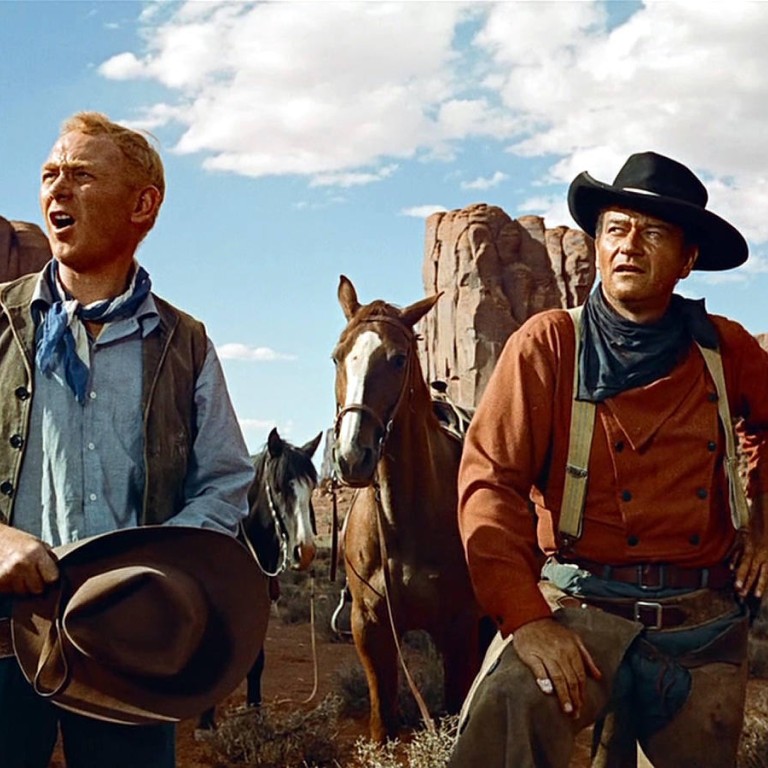
Second sight: The Searchers
John Ford's The Searchers (1956) is consistently and deservedly hailed by critics as the greatest western ever made and one of the greatest films of any genre.
John Ford's (1956) is consistently and deservedly hailed by critics as the greatest western ever made and one of the greatest films of any genre. The story of one man's obsessive search for his kidnapped niece across the expanses of the American southwest, skewers and deconstructs the very genre it defines so iconically.
The archetypal western pits rugged, virtuous settlers against Native Americans, whose refusal to accept America's 19th-century expansion west is usually written off as a product of the same mental underdevelopment that makes them bloodthirsty savages.
makes no such facile characterisations. Instead, it offers an unflinching portrayal of racism and its corrosive effects. The film has a chronic tension within which the audience negotiates how much sympathy the settlers should be given or in fact deserve.
White settlers are shown as being nearly oblivious to their own callous disregard for Native Americans as anything other than vermin to be exterminated. Their outrage at being treated similarly rings hollow.
The subject is handled with masterful subtlety; the film never devolves into a polemic, instead challenging the viewer to choose between the settlers' nominally virtuous actions and the unpleasant motivations that drive them.
Iconic movie cowboy John Wayne plays Ethan Edwards, a former Confederate soldier whose vitriolic hatred for Native Americans burns with repugnant intensity. Wayne conveys most of his character through facial expressions, delivering a remarkably impressive performance. It was the actor's favourite role.
is in many ways an uncomfortable film to watch, but is at the same time mesmerising and truly an achievement, delivering a powerful message.
The Searchers,
